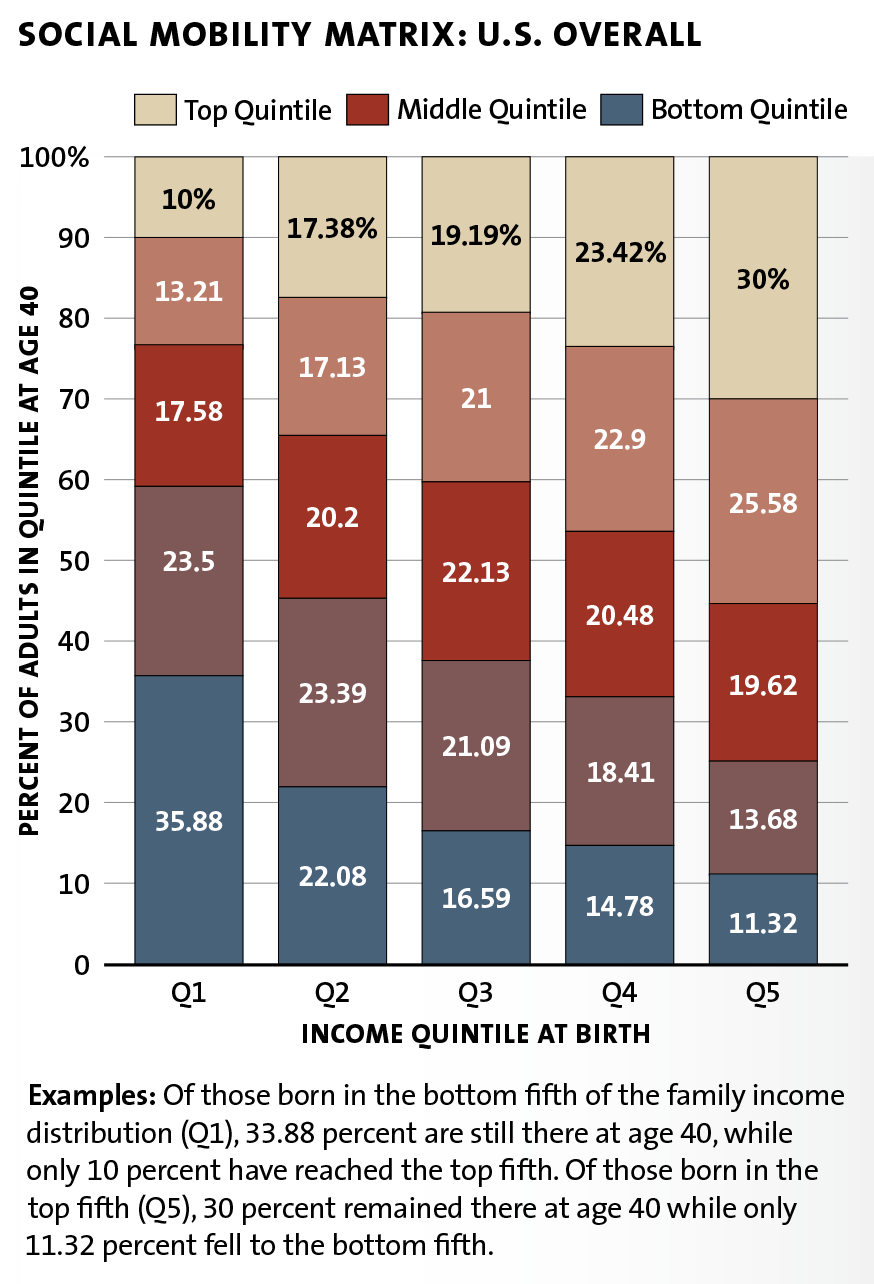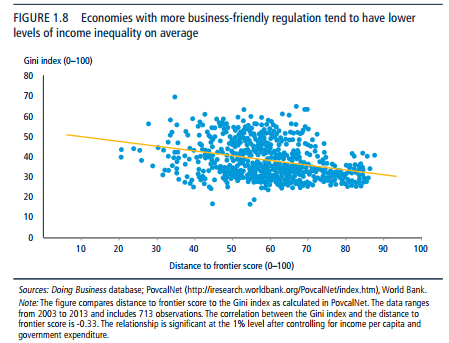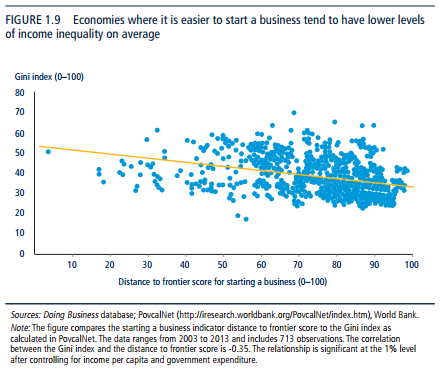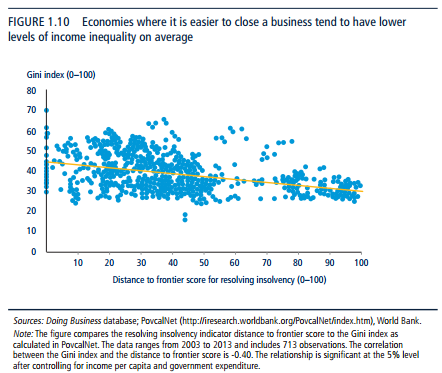
New Testament scholar Bart Ehrman shared a story about how he used to open his 300-person NT class years ago:
I would ask:
- How many of you in here would agree with the proposition that the Bible is the inspired Word of God (PHOOM! Almost everyone raises their hands)
- OK, great: Now, how many of you have read the Harry Potter series? (PHOOM! Again, almost everyone raises their hand).
- And now, how many of you have read the entire Bible? (This time: scattered hands, here and there, throughout the auditorium)
Then I’d laugh for a minute and say, “OK, so I’m not telling *you* that *I* think the Bible is the inspired Word of God; you’re telling *me* that *you* think it is. I can see why you might want to read a book by J. K. Rowling. But if God wrote a book – wouldn’t you want to see what he had to say???”
What I have found over the years, consistently, is that my students have a much higher reverence for the Bible than knowledge about it.
A December 2016 interview in Christianity Today touches on this biblical illiteracy: “We use the Bible as a manual or answer book. We look to it as a talisman or horoscope. We proof-text, cherry-pick, and impose our own biases. The sins against Scripture are numerous and, according to Glenn R. Paauw of the Institute for Bible Reading, endemic.” Too often, Paauw says, believers attempt to save the Bible from critics and skeptics. However, “the more dangerous fact is that even those people who think they are doing right by the Bible often aren’t. What if those of us who have a high view of Scripture are, in practice, not doing it justice?” He worries that we all have “been trying to live off of what Philip Yancey calls “Scripture McNuggets.” But we’ve got to start feasting on the whole Word of God.”
He continues,
There’s this fear that if we admit it’s a difficult and challenging book, we’ll scare people off. We want to tell people, especially new Christians, about all the great things that will happen to them by reading it.
Since we’re not honest about what kind of book the Bible is, and how it’s supposed to work, when people start reading for themselves, they encounter all kinds of crazy material that doesn’t fit the paradigm that we’ve given them. They find stuff from ancient cultures, from different parts of the world, and they don’t understand it immediately. And it’s hard for them to get something they can apply to their lives every single day from just reading through the Bible. So it leads to cherry-picking verses. Because there are these gems, these verses that seem to contain important spiritual truths.
So you get all these cherry-picked passages, but everything else gets neglected or completely ignored. Certain passages are essentially de-canonized. We end up with a partial Bible. So people get discouraged. They try again with a read-through-the-Bible-in-a-year plan, but they’re just not making it.
We need to start equipping people to understand the Bible on its own terms. We have to go back into the Bible’s world, rather than demanding it be immediately relevant to ours. We need to give them pathways from the ancient world into today’s world.
…We have a diminished view of Scripture in another way, especially in the West. We see the story as this individualistic, go-to-heaven-when-I-die story instead of a restorative story about the renewal of all creation and my place within that larger narrative. That’s the bigger, glorious vision that the Scriptures give us.
This is applicable to Mormon scripture as well, including the Book of Mormon, Doctrine & Covenants, and Pearl of Great Price. I’ve often heard 2 Nephi 9:28 thrown out as a kind of anti-intellectual, anti-elitism slogan: “When they are learned they think they are wise, and they hearken not unto the counsel of God, for they set it aside, supposing they know of themselves, wherefore, their wisdom is foolishness and it profiteth them not. And they shall perish.”[ref]The next verse tends to be ignored: “But to be learned is good if they hearken unto the counsels of God.”[/ref] This leads to a kind of sneering at scholarship and higher criticism. Yet, Pauuw points out what’s wrong with this picture:
The real danger is overemphasizing the Reformation ideal that every single person should read the Bible, and read it alone. That’s a very modern experience of the Bible. Within 100 years of the printing press, all these modern translations started coming out. Suddenly individuals are getting Bibles when they didn’t have them throughout church history.
In America, a place focused on individualism and democracy, we can all supposedly develop our own interpretation of the Bible. There’s even this idea that you’re not supposed to allow church history to influence you. It’s just you and God and the Bible. One of the big recoveries we need is to read the Bible in community. That allows community members who have done their homework and have a good grasp of the Bible to help guide others.
There’s a distrust of scholars in the evangelical church. But there are amazing, God-honoring scholars doing great work. We need more bridges between the great work they’re doing and regular Bible readers in the church. We need to be taught by those gifted to teach. That doesn’t rule out the Holy Spirit, working through the Word in your individual life. It’s just in a context that’s bigger and healthier.
…The Bible is rooted in history. We need to understand that the ancient world wasn’t like our world. That rootedness is what makes it a human story, so we need not be afraid of that. Part of the fundamentalist, modernist legacy is that the more we talk about the humanity of the Bible, the more nervous we get. We’re afraid that makes it less of a divine book.
Elder Bednar made the point that Latter-day Saints devote excessive attention to application instead of doctrine and principles. Pauuw shares similar concerns:
I cringe every time I hear the instructions we give to new Christians. Apply your Bible reading every single day. Pray about how you can apply it. That’s just not true. I can read long stretches of the Bible without finding an obvious application. It’s a model that leads to frustration, because people can’t find the application. So let it go. Just read the Bible and try to understand it, and the implications will come soon enough.
The entire interview is worth reading, especially on Sunday.










